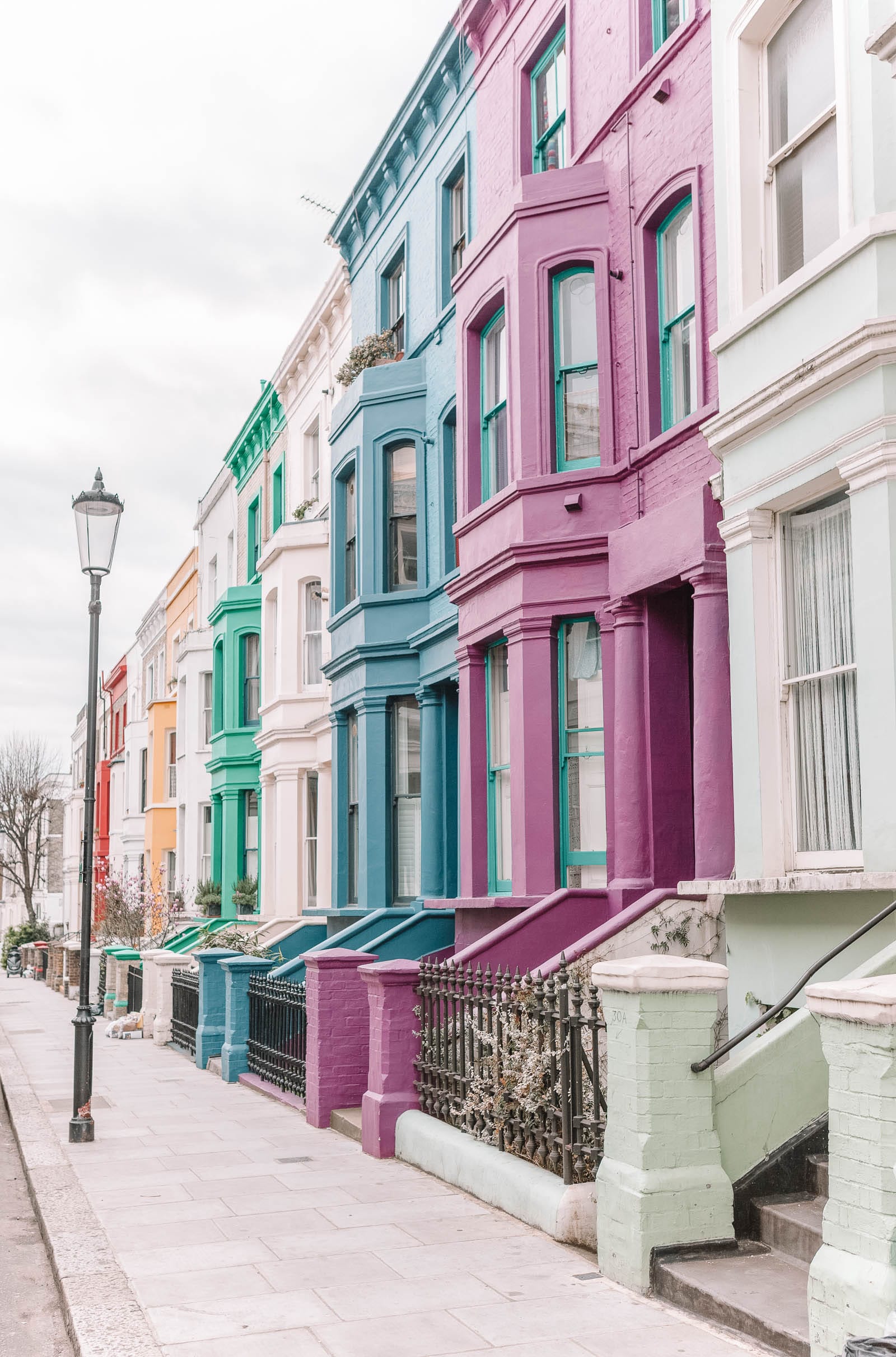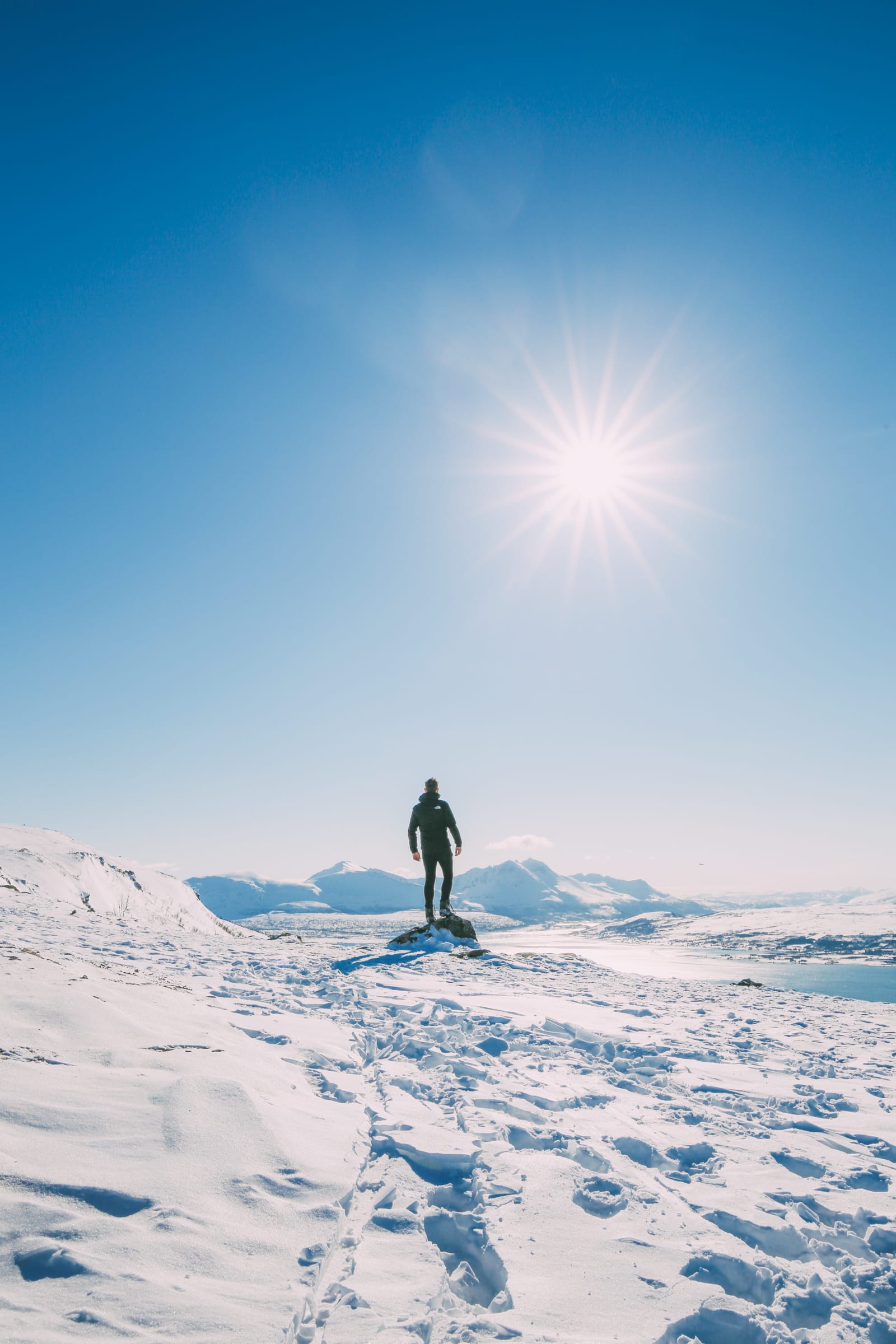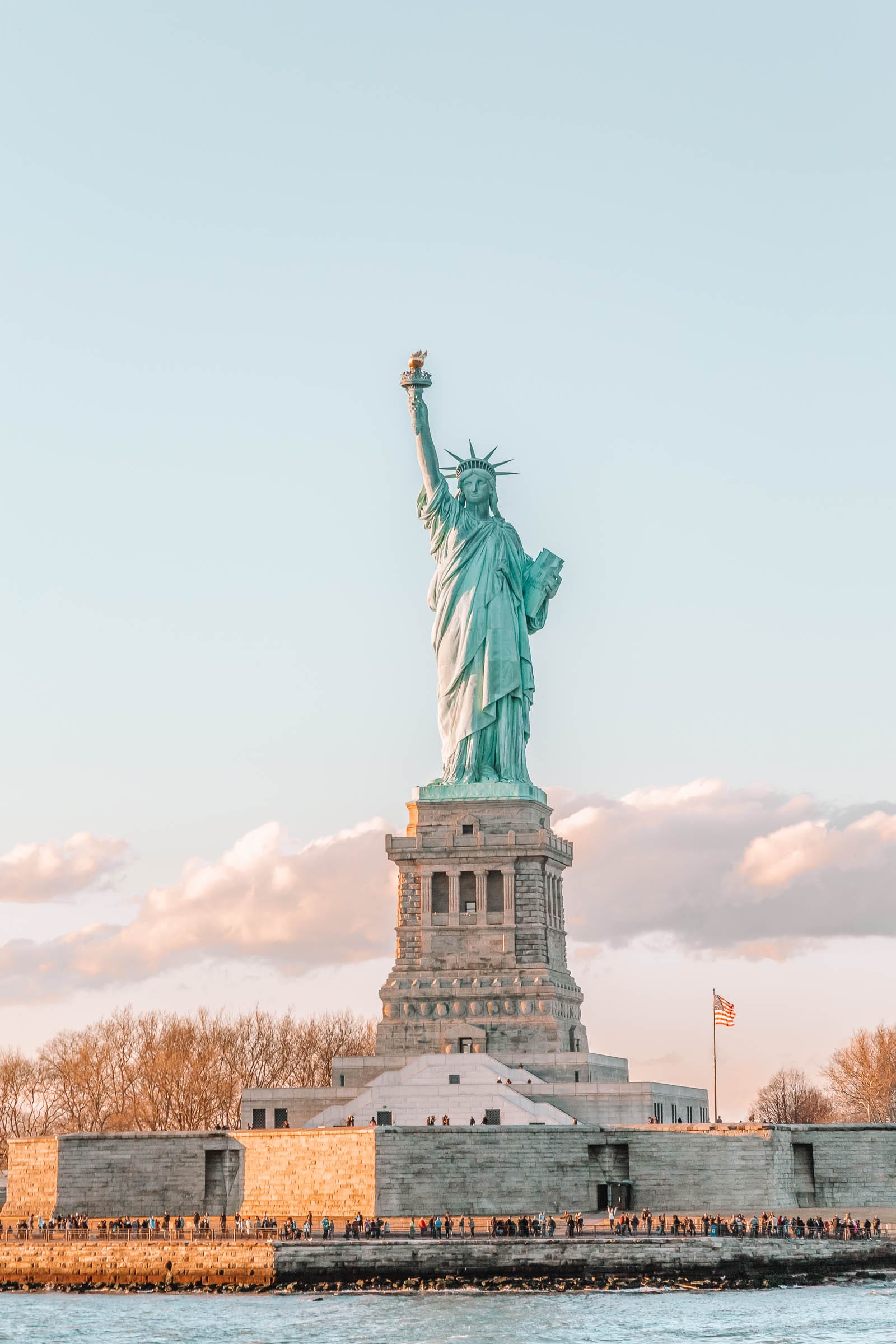Summary
July is a prime time to visit Canada, as evidenced by the influx of travelers during this warm, yet pleasant month. Canada is an expansive country featuring a plethora of destinations that entice visitors, making it essential to secure reservations for hotels, restaurants, transportation, and tours during this peak travel season.
Canada is renowned for a wide range of outdoor activities including hiking, boating, camping, and fishing. Not only do international visitors flock to the country, but Canadians also take the opportunity to explore their own stunning landscapes.
Typically, Canada experiences warm to very warm temperatures in July, which may also bring humidity, depending on the location. It’s important to note that northern regions of Canada are cooler, while the southern areas—where most popular destinations are located—boast summer-like conditions. Evening temperatures can be surprisingly cool; therefore, packing layers is advisable to accommodate the fluctuating weather.
The month features an array of summer festivals, including Canada’s largest birthday celebration, Canada Day, which takes good advantage of the extended daylight hours provided during this time of year.
Canada Weather in July
The almost ideal weather in July is one of the leading factors driving travelers to Canada. Below are the average low and high temperatures in several key tourist locations:
- Vancouver, British Columbia: Low 55°F; High 72°F
- Edmonton, Alberta: Low 48°F; High 73°F
- Yellowknife, Northwest Territories: Low 54°F; High 70°F
- Inukjuak, Nunavut: Low 41°F; High 55°F
- Winnipeg, Manitoba: Low 55°F; High 79°F
- Ottawa, Ontario: Low 59°F; High 79°F
- Toronto, Ontario: Low 57°F; High 81°F
- Montreal, Quebec: Low 59°F; High 79°F
- Halifax, Nova Scotia: Low 55°F; High 73°F
- St. John’s, Newfoundland: Low 51°F; High 68°F
Rainfall tends to be less frequent in July compared to other months. For instance, Vancouver averages 1.7 inches over seven days, while Calgary expects around 2.6 inches across 13 days; Halifax, on the other hand, averages 4.3 inches over 12 days this month. Coastal regions are generally wetter compared to the inland prairie areas, similar to patterns observed in the United States.
Undoubtedly, this is the best time to appreciate the pleasant weather and longer daylight hours in Canada’s northern territories, as well as the Yukon, Northwest Territories, and Nunavut, which invite thrilling outdoor adventures.
What to Pack
Even during warm summer days, it can become quite cold at night in many parts, so having a jacket or wrap is crucial. Additionally, a waterproof outer layer that serves as a light jacket is advisable.
For those engaging in outdoor activities such as hiking, biking, or fishing, it is essential to bring your usual gear along with sunscreen, a hat, and bug repellent. When it comes to strolling around town or participating in local events, sturdy walking shoes are recommended, particularly for popular occasions like the Calgary Stampede or while visiting the picturesque gardens of Victoria, B.C. Regarding evening attire, larger cities on the east coast tend to be more upscale compared to quaint towns on Vancouver Island, where comfort is prioritized over style.
July Events in Canada
The warm summer conditions enable visitors to make the most of Canada’s outdoor experiences, including camping and fishing, without the discomfort of excessive heat. A variety of popular Canadian festivals and events are happening in July.
On July 1, Canada Day is celebrated similarly to the Fourth of July in the United States, featuring events like fireworks and parades across major cities (excluding Quebec). Celebrations commence early in cities such as Ottawa, Toronto, and Vancouver, and culminate in concerts, games, and various festivities. It is worth noting that Quebec does not celebrate this holiday but may still close offices and businesses.
British Columbia
Take time off from outdoor adventures in beautiful British Columbia and immerse yourself in the local music scene at highly-regarded festivals:
- The Vancouver Island Music Fest, held annually in mid-July at the Comox Valley Fair Grounds, showcases talents from Country-Western artists, Blues musicians, and diverse cultural bands.
- The Vancouver International Jazz Festival, spanning late June into early July, features performances by 1,800 artists across 35 venues and includes over 150 free shows.
Alberta, Saskatchewan, and Manitoba
In Western Canada, numerous events facilitate outstanding experiences:
- K-Days, previously known as Klondike Days and Edmonton’s Capital Ex, is a celebrated 10-day exhibition and fair in Edmonton, Alberta that features rides, cultural exhibitions, food, and entertainment.
- Calgary Stampede stands out as an internationally recognized rodeo in Calgary, Alberta that includes concerts, professional rodeo competitions, and specialty shows.
- The Winnipeg Folk Festival, located in Winnipeg, Manitoba, ranks as one of North America’s premier outdoor music festivals.
- Shakespeare on the Saskatchewan occurs from July to August, highlighting excellent food and performances in Saskatoon.
Ontario and Quebec
In Ontario and Quebec, July brings a fusion of theater and music:
- The Stratford Festival (Theater), operating from May to October in Stratford, Ontario
- The Shaw Festival (Theater), running from April to November in Niagara-on-the-Lake, Ontario
- Quebec City Summer Festival: The Festival d’été de Québec provides remarkable musical entertainment across various stages along with family-friendly activities.
Eastern Canada
Furthermore, Eastern Canada delights visitors with theatrical performances and Scottish festivals throughout July:
- The New Brunswick Highland Games & Scottish Festival takes place in Fredericton, New Brunswick.
- Royal Nova Scotia International Tattoo showcases a dazzling display of pipes, drums, and Highland dancers in Halifax, promising a vibrant snapshot of Nova Scotia’s culture.
- Gros Morne Theatre Festival runs from May to September in Cowhead, Newfoundland, and Labrador.
July Travel Tips
With summer emerging as high travel season, it is crucial to anticipate increased prices and larger crowds compared to other times of the year. Last-minute arrangements might prove challenging; therefore, being adaptable is essential. It’s possible you won’t secure your first choice of camping spot or hotel. Campsites tend to fill up rapidly, with bookings starting five months before the desired date. Reservations can be made with Parks Canada or provincial websites, as each province has its own parks system. Although July typically offers mild temperatures, it may reach up to 86°F, and extremely humid conditions can arise in some locations, such as Toronto. Consequently, preparing for heat variations is vital when traveling across Canada.




